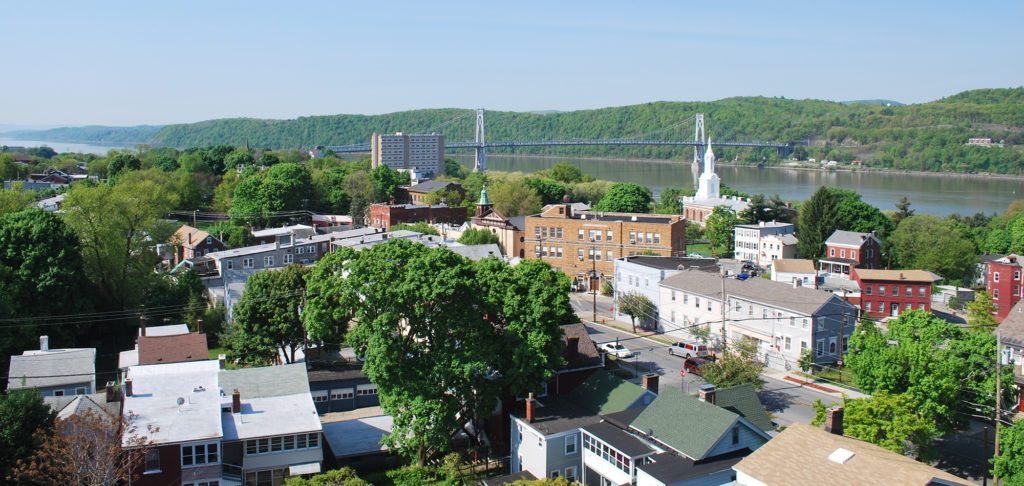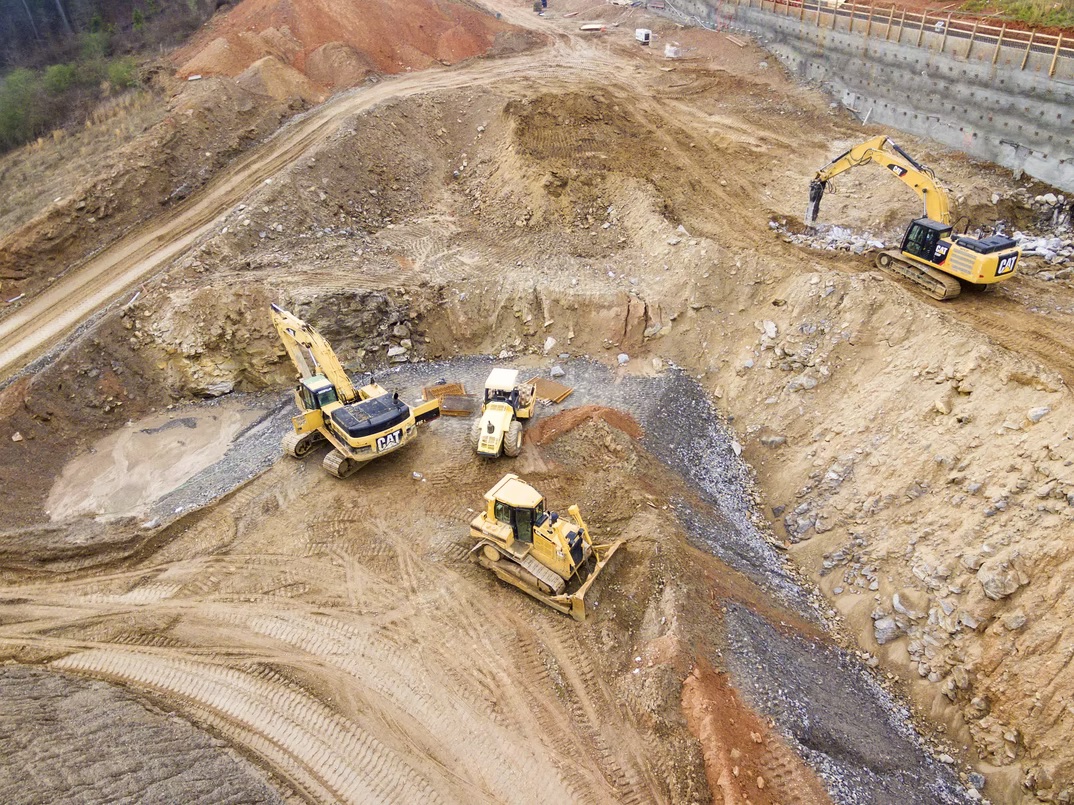New York Zoning & Land Use – What You Need To Know
Owning property, be it residential property or commercial property, comes with the responsibility of being aware of and adhering to local zoning and land use regulations. This guide is intended to provide readers with a basic understanding of the scope and purpose of New York zoning regulation. Enlisting the aid of a qualified zoning attorney or land use attorney will help ensure the best possible outcome in most New York zoning and land use regulation disputes.
Zoning & Land Use Regulation: Purpose
The overarching goal of zoning regulation is the preservation of the greater good through the careful planning and governance of land development and use. Zoning ordinances essentially carve a municipality into sections. Each section or area is intended for a specific purpose to maximize the benefits and reduce the risks for those who live and work in each zone.
As an example, imagine a residential neighborhood populated with families and individuals living in single-family homes. Parks, retail stores, restaurants, and entertainment venues that provide a tangible benefit to the area landowners would likely be welcomed, or at a minimum, tolerated. However, the addition of a large industrial factory, a high-rise building, a bus station, or an airport would have a significant impact on the existing property owners and their property. Zoning regulations aim to prevent these adverse land use scenarios from impacting neighboring properties by imposing a degree of separation between competing property uses.
Zoning & Land Use Regulation: Enforcement
Local zoning boards have a variety of tools at their disposal to aid in achieving the municipality’s regulatory objectives.
Order To Remedy Notice
An Order to Remedy violation is issued when a landowner is determined to be in violation of one or more of a municipality’s zoning ordinances. An Order to Remedy notice essentially acts as an official warning to the landowner or resident calling their attention to the zoning compliance issues and allowing them a specified period of time to correct the problem.
Notice Of Violation
If the property is not brought into compliance within a reasonable span of time, or the non-compliant land use reoccurs, an official Notice of Violation may be issued. A Notice of Violation serves to make the property owner aware that official legal action has been instigated to resolve a zoning & land use non-compliance complaint. The landowner will receive an Appearance Ticket providing the specific date and time when they will need to appear before the designated court to resolve the matter.
Zoning & Land Use Regulation: Defences & Remedies
A landowner who has been served with either an Order to Remedy notice or a Notice of Violation may avail themselves of several different options to obtain a satisfactory resolution to the matter and avoid prosecution without the need to bring their property into compliance with the established zoning and land use regulations.
A zoning attorney or land use attorney who has knowledge and experience specific to zoning & land use regulatory case law will be able to assist in determining the best option for achieving a resolution that satisfies the objectives of both the property owner and the zoning board. The most common remedy and defence options are provided below.
Variance
A variance is an official remedy which grants the property owner permission to deviate from the established zoning & land use regulations. A variance is obtained by presenting a case to the zoning board establishing that the zoning ordinance in question is overly broad, vague, or otherwise open to interpretation.
Pre-Existing Non-Conforming Use
A property owner may defend against a zoning violation by proving that the offense or violation existed prior to the enactment of the current zoning & land use regulations and is therefore grandfathered into the existing code. For a successful Pre-existing Non-Conforming Use defence the property owner must show that the zoning violation existed before the current zoning regulations were implemented and that the issue in question has existed continuously without interruption since that time.
While these and other remedies are frequently successful it is strongly advised that property owners involved in a zoning dispute consult with an experienced zoning attorney to ensure the most satisfactory resolution of their case. An experienced and knowledgeable land use attorney will provide the clout you need to ensure that your zoning & land use objectives receive fair consideration when balanced against the objectives of the powerful zoning governance board.


